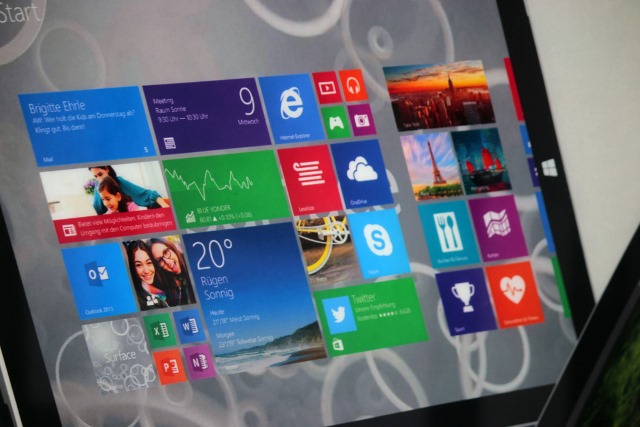Free Windows 10 upgrade is actually a 'marketing and promotional activity'

To drive consumers' interest in Windows 10 from the get-go, Microsoft announced earlier this year that its upcoming operating system will be available as a free upgrade to Windows 7, Windows 8.1 and Windows Phone 8.1 users. This surprising move is expected to have a major impact on the immediate consumer adoption, as well as convince developers to embrace Windows 10 early on.
What is interesting is that, while it is publicly touted as a free upgrade, formally Microsoft is calling it a "marketing and promotional activity". And it certainly seems to fit the bill.
Microsoft explains it in a 10-Q filling with the US Securities and Exchange Commission (also known as SEC).
In January 2015, we announced Windows 10 will be free to all qualified existing users of Windows 7 and Windows 8. This offer differs from historical offers preceding the launch of new versions of Windows as it is being made available for free to existing users in addition to new customers after the offer announcement. We evaluated the nature and accounting treatment of the Windows 10 offer and determined that it represents a marketing and promotional activity, in part because the offer is being made available for free to existing users. As this is a marketing and promotional activity, revenue recognition of new sales of Windows 8 will continue to be recognized as delivered.
Even after giving it a quick read, it is obvious that calling the free Windows 10 upgrade a marketing and promotional activity is done so that Microsoft can keep adding the revenue generated by Windows 8.x (presumably, Windows 8.1) to Windows licensing revenue, which is revealed every quarter in its quarterly earnings reports.
Because Windows licensing revenue is down in Q3 FY2015, over the same period a year ago, it makes sense for Microsoft to try to keep the numbers high and the year-over-year change small -- or, at least, reveal a smooth transition, up or down -- for as long as possible.
If it removes Windows 8.x from the equation, as explained by Gregg Keizer (who gets the hat tip for mentioning the filling) over at Computerworld, it will lead to some confusion among shareholders and potential investors. And no company wants that, especially when a lot is riding on the next version of one of its most-important products.
Realistically speaking, Microsoft's future in the consumer market will be determined by Windows 10's success. There is no room for error, as the software giant has long been struggling to gain traction in the mobile space, while on the PC side its older OSs -- from the last decade -- dominate the landscape.
Windows 10 has to change this, it has to be a compelling proposition on all types of devices, otherwise Microsoft might as well pack its bags and pitch solely to the enterprise and die-hard fanboys.
Photo credit: 360b / Shutterstock
